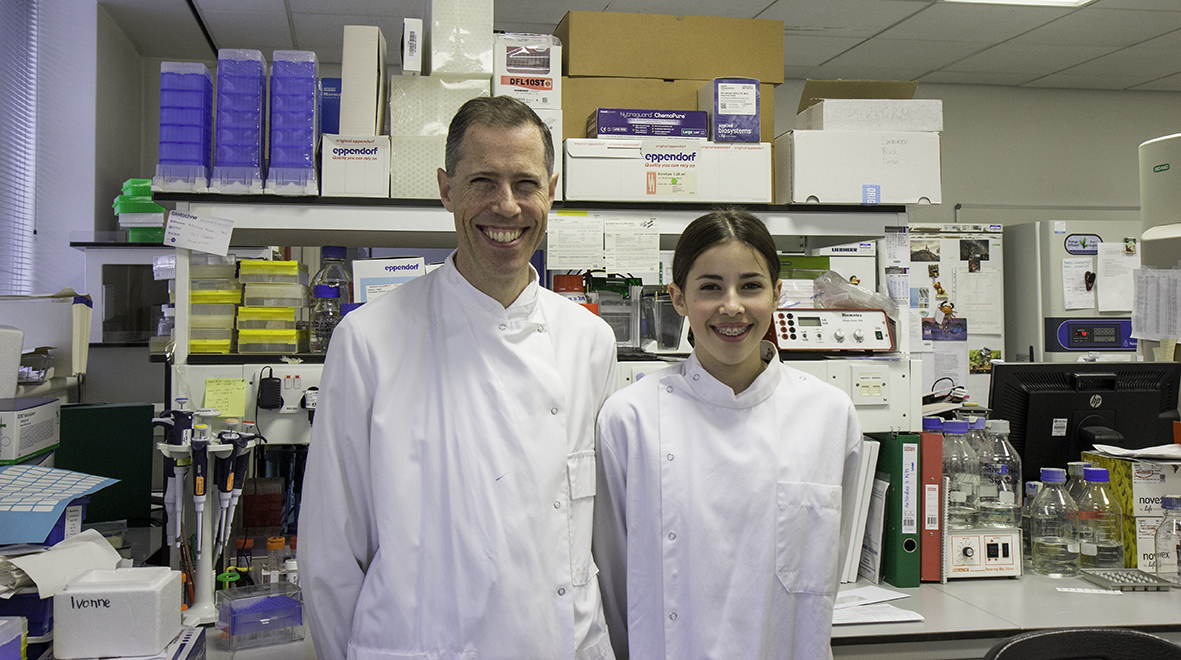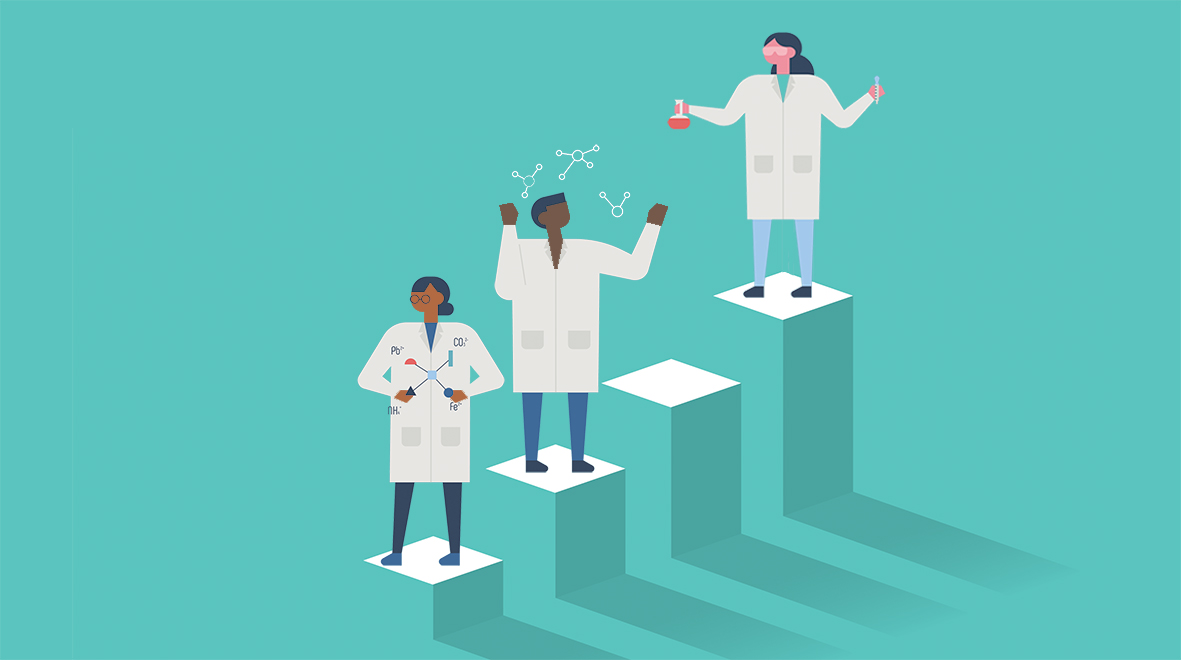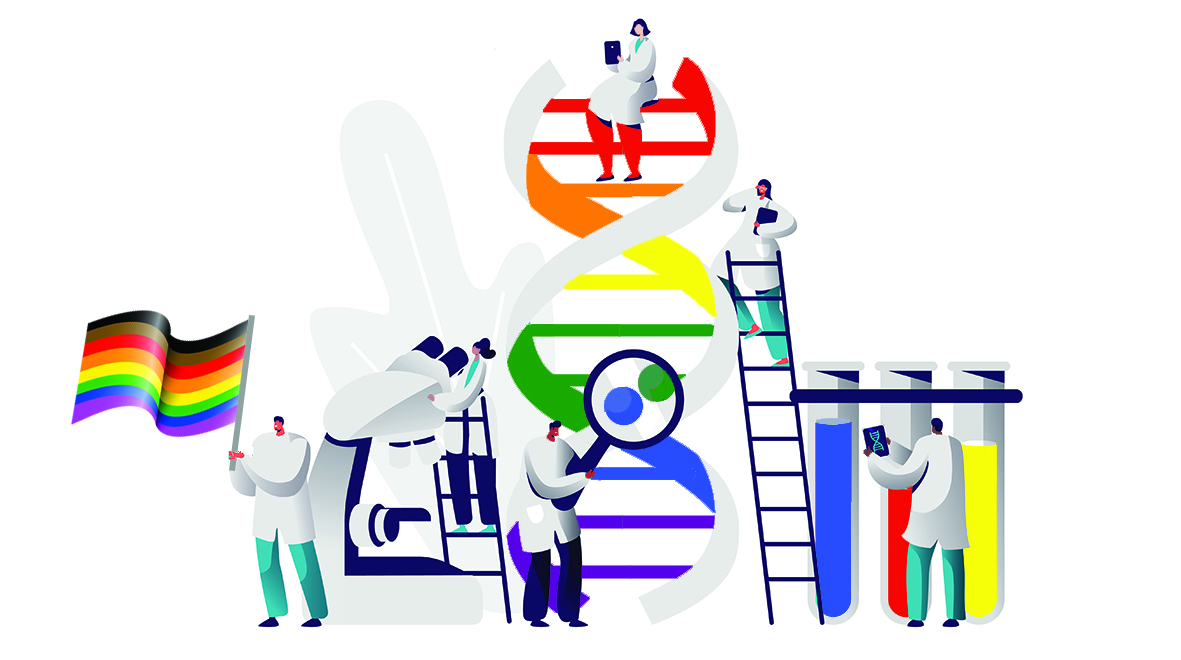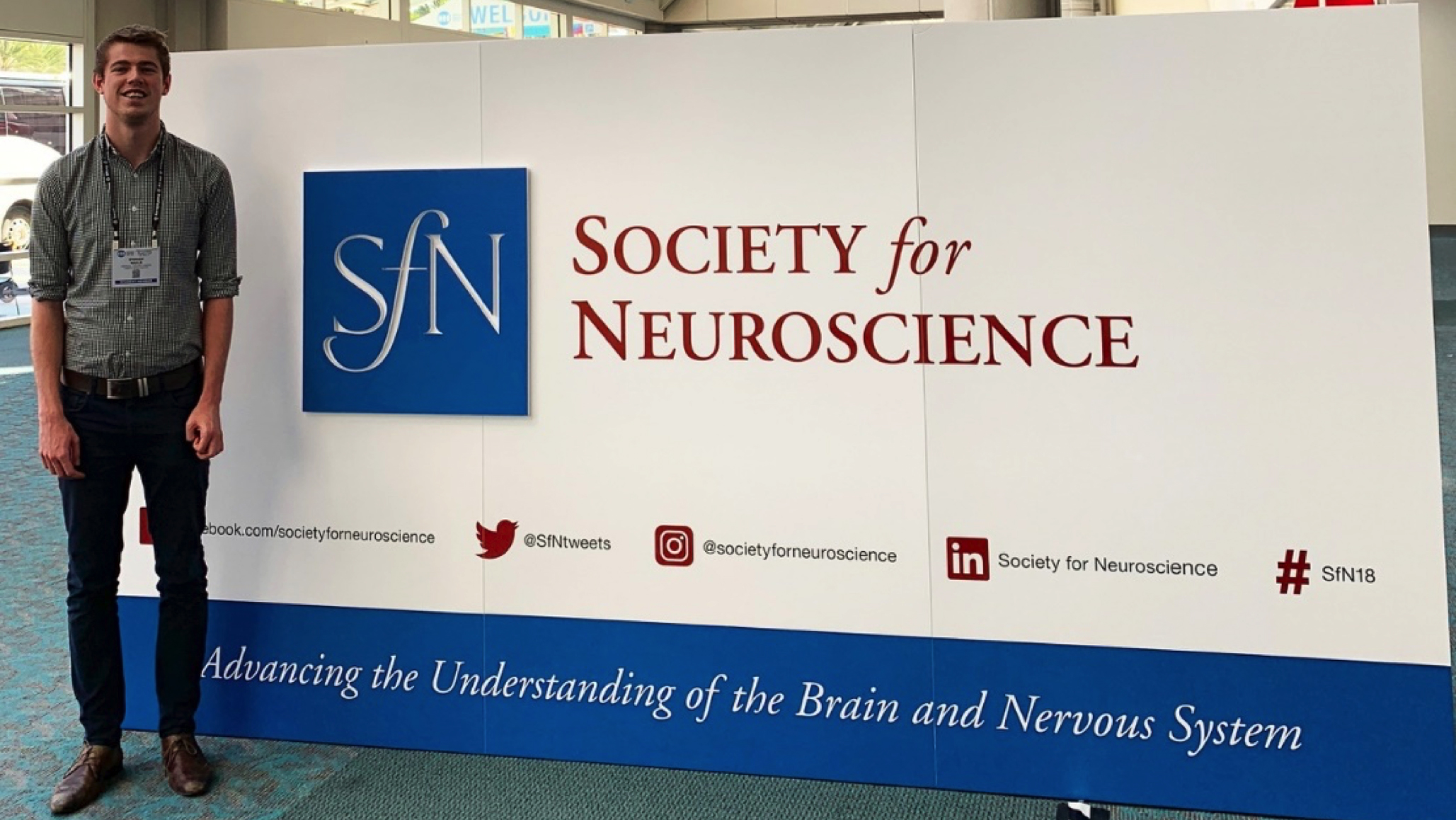
On World Malaria Day, Dr Aubrey Cunnington’s daughter spends the day at his lab to learn how his team’s research is contributing to tackling malaria.
25 April is a special day in my calendar this year for two reasons. First, it is World Malaria Day – a chance for malaria researchers and many others to unite to raise awareness of this dreadful disease which kills over 400,000 people every year. Second, it is “Take Your Daughter to Work Day” for my 13-year old’s school, and she has chosen to spend the day with me at Imperial College London. I’m flattered but I’m also worried, because she can be my harshest critic, and on World Malaria Day I want to convince her (and everyone else) that my research is making a difference against malaria.
So what will it take to impress my 13-year old daughter, and perhaps give her the confidence and inspiration for a career? Looking for help, I ask my research team how they would explain their work to a 13-year old. Despite worried expressions, they are all up for giving it a go. (more…)









